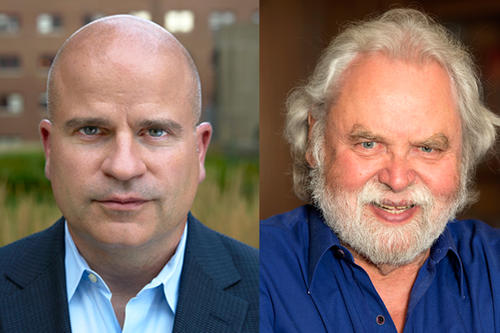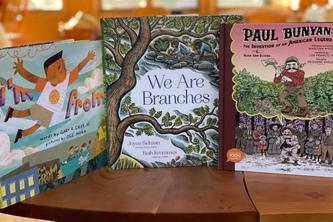
The Census Bureau’s 2017 National Population Projections predicts that there will be 78 million people 65 years and older by 2035, meaning that older people are projected to outnumber children for the first time in U.S. history.
According to recent Census Bureau data, less than 10 percent of older Americans with a disability live in nursing homes. The vast majority of older Americans live at home and a large number of older people have functional limitations or ill health, meaning that more individuals will rely on eldercare.
University of Minnesota experts Joseph Gaugler, School of Public Health and Masonic Cancer Center, and Kenneth Doyle, Hubbard School of Journalism and Mass Communications, weigh in on the implications of this shift.
Joseph Gaugler, Ph.D.
“The findings of the American Community Survey reinforce recent national studies of family or other types of relationship-based eldercare in the U.S. The core of the long-term care system in the U.S. is not a nursing home, assisted living facility, hospital, or home healthcare aide — it is the family.
“Although it is heartening that this reliance on families can keep older persons with health needs out of residential long-term care settings, such care is not without its own costs (ranging from psychological, to financial, to social on the part of family and other unpaid care providers).
“Future policy and practice must not only acknowledge the presence of family members as essential to how care is provided to older persons in need, but also continue to expand and disseminate evidence-based programs to support such families.”
Joseph Gaugler is a professor and the Robert L. Kane Endowed Chair in Long-Term Care and Aging in the School of Public Health; and a Masonic Cancer Center member. His research interests include the sources and effectiveness of long-term care for older adults with dementia and the effectiveness of community-based and psychosocial services for older adults with memory concerns and their caregiving families. He holds a Ph.D. in Human Development and Family Studies with a minor in Gerontology from Pennsylvania State University.
Contact information:
Joseph Gaugler
[email protected]
612-626-2485 (office)
Kenneth Doyle, Ph.D.
“One reason this research is really important is that, for financial reasons, we’re about to experience a dramatic shift away from nursing-home care to at-home care. Once Medicaid no longer pays for nursing-home care, there will be no choice for many families but to provide that care at home. Furthermore, it seems almost certain that the burden of care will be borne by the women of the family – daughters, daughters-in-law, and their daughters.”
Kenneth Doyle is an associate professor in the Hubbard School of Journalism and Mass Communication. His specialties include the psychological meanings of money and property; cross-cultural similarities and differences; motivation and persuasion; and quantitative and qualitative research methodology. His book Peace of Mind for Your Aging Parents was recently published.
Contact information:
Kenneth Doyle
[email protected]
612-298-6820 (cell)
About University of Minnesota experts:
University of Minnesota experts can provide commentary, insights and opinions on various news topics. See selected experts on UMN’s Experts Guide or inquire about additional experts via email at [email protected].
Media note:
The University of Minnesota Twin Cities is equipped with a VideoLink ReadyCam® studio for live or taped HD television interviews with our experts. To arrange an interview, contact the University News Service at (612) 624-5551 or [email protected].
- Categories:
- Arts and Humanities





